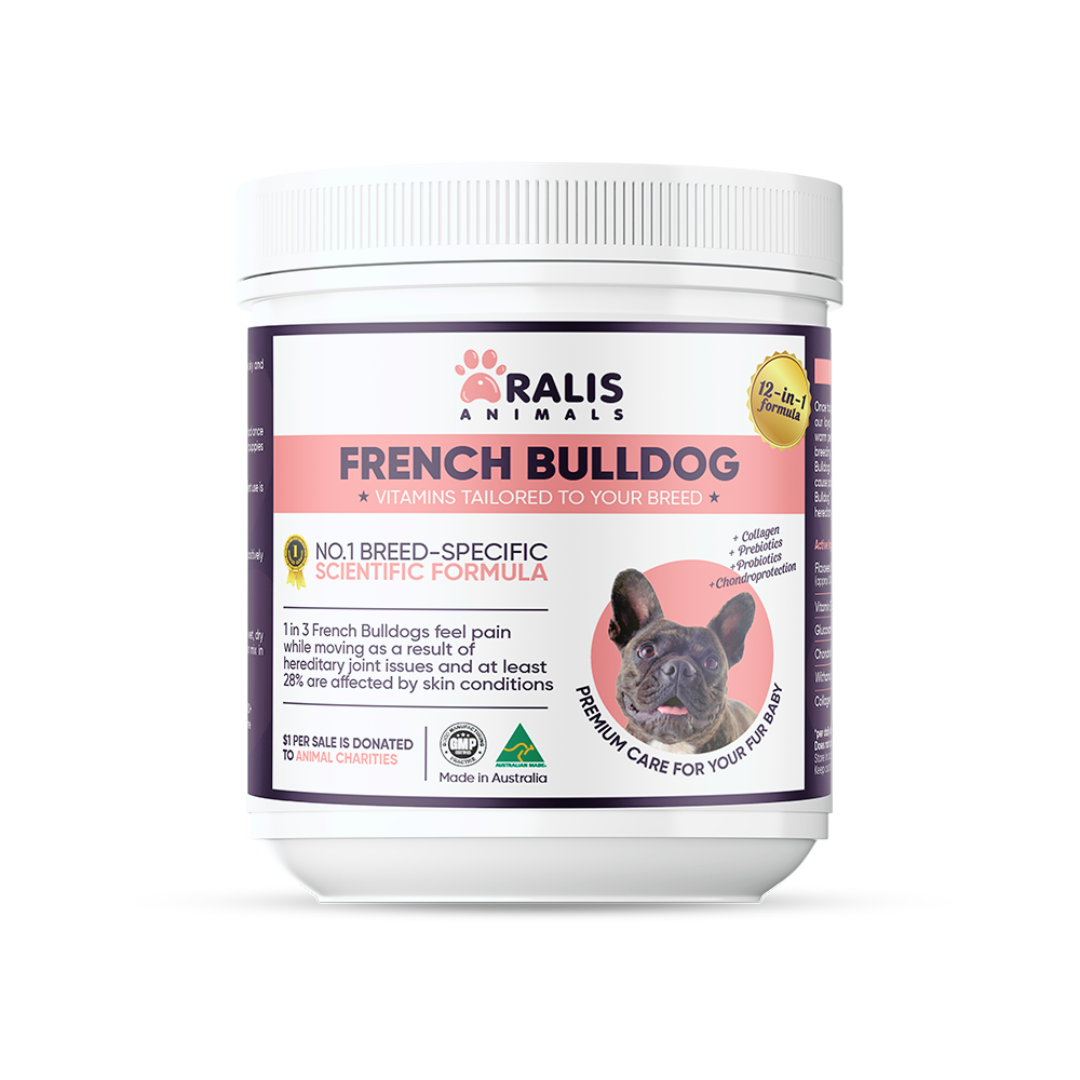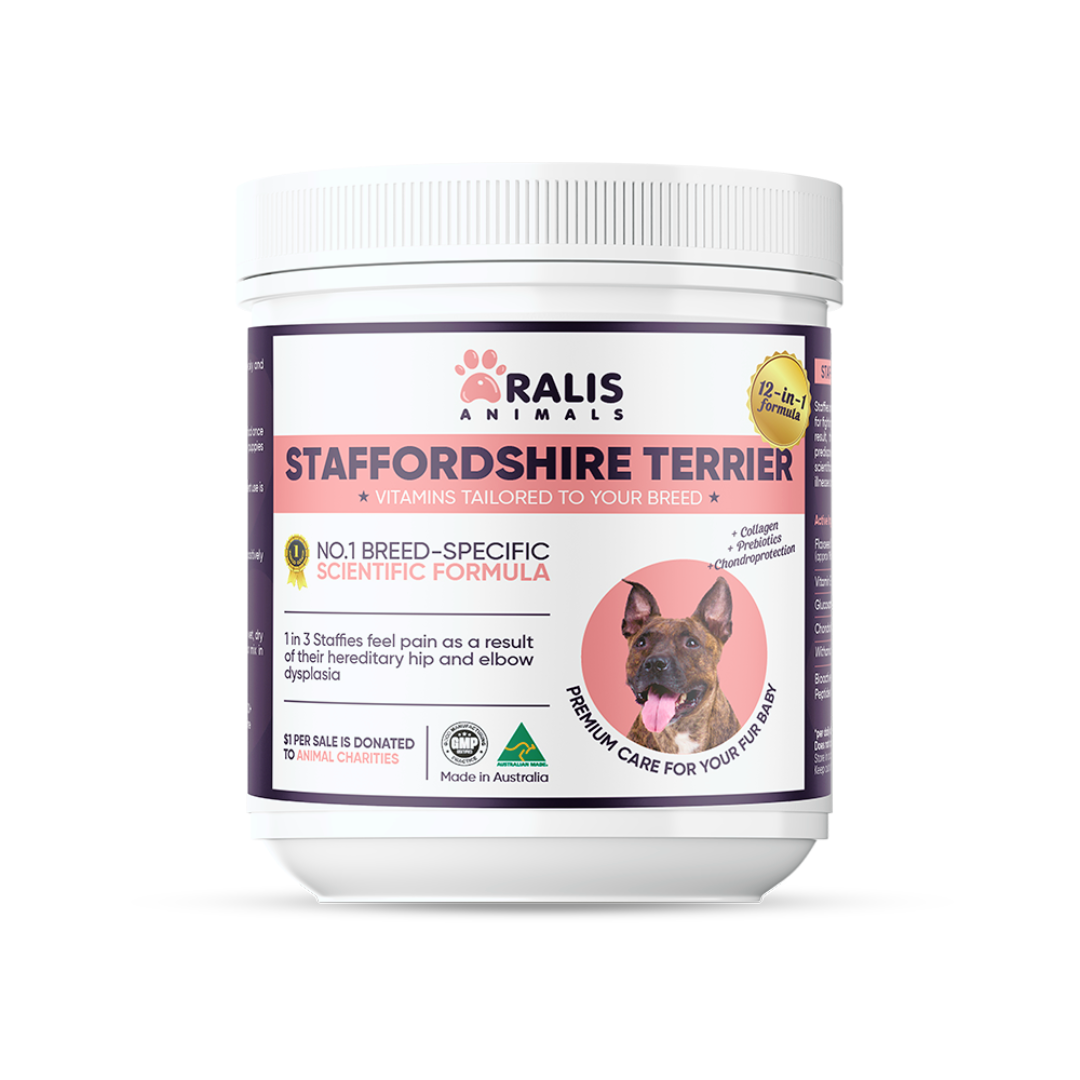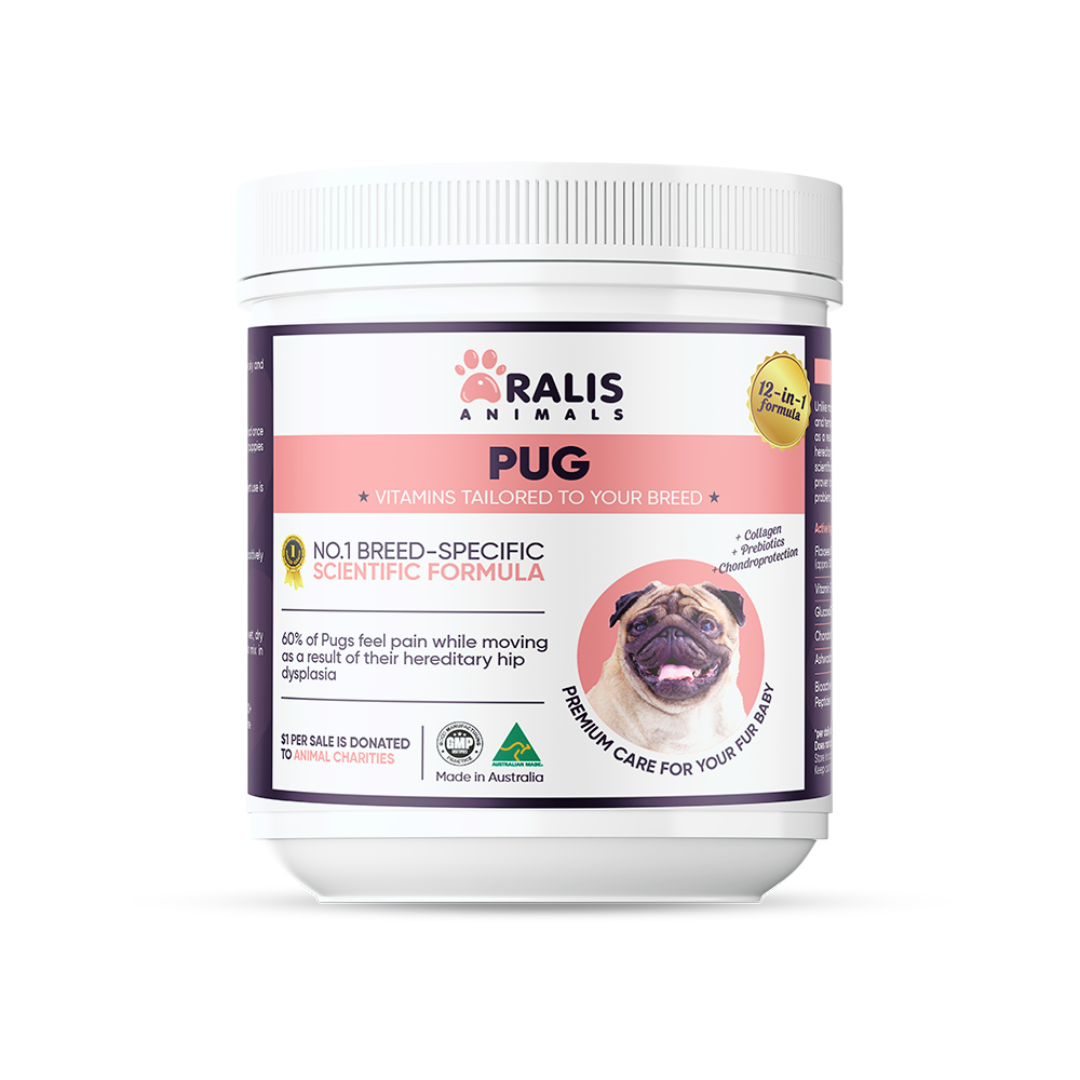Is Your Dog Itching But Has No Fleas? Possible Causes & Solutions
As a devoted pet owner, you've likely encountered the frustrating scenario of your dog constantly scratching, licking, or biting their skin, despite the absence of visible fleas. This perplexing issue can be a source of concern and discomfort for both you and your canine companion. In this blog post, we'll delve into the potential causes behind this common problem and explore effective solutions to provide your furry friend with much-needed relief.
Understanding Dog Itching Without Fleas
Dogs can experience itchy skin for a variety of reasons, and fleas are not always the culprit. While fleas are a common cause of canine itching, there are several other factors that can contribute to this distressing condition. It's important to understand the difference between normal scratching behavior and excessive, persistent itching, as the latter may indicate an underlying health issue that requires attention.
Common Causes of Dog Itching
- Allergies: a. Environmental allergies: Dogs can develop sensitivities to various environmental triggers, such as pollen, dust mites, or certain materials. b. Food allergies: Certain ingredients in your dog's diet may be causing an allergic reaction, leading to skin irritation and itching.
- Skin Infections: Bacterial or fungal infections on the skin can cause intense itching and discomfort for your canine companion.
- Hormonal Imbalances: Conditions like hypothyroidism or Cushing's disease can lead to hormonal imbalances that can result in skin problems and excessive itching.
- Parasites Other Than Fleas: While fleas are a common culprit, other parasites, such as mites or lice, can also cause intense itching in dogs.
Diagnostic Steps
If your dog is experiencing persistent itching without the presence of fleas, it's essential to seek the guidance of a veterinary professional. They will conduct a thorough examination and may recommend various tests, such as skin scrapings, allergy testing, or blood work, to determine the underlying cause of the issue.
Treatment Options
Once the cause of your dog's itching has been identified, your veterinarian can recommend the appropriate treatment plan. This may include:
- Medication: Your veterinarian may prescribe anti-inflammatory drugs, antihistamines, or other medications to provide relief and address the root cause of the problem.
- Topical Treatments: Medicated shampoos, creams, or ointments may be recommended to soothe the skin and address any infections or irritation.
- Diet Modifications: If food allergies are the culprit, your veterinarian may suggest a hypoallergenic or limited-ingredient diet to help alleviate the symptoms.
- Environmental Changes: Adjusting your home environment, such as using air purifiers or reducing exposure to potential allergens, can also help manage your dog's itching.
Prevention Strategies
To help prevent and manage your dog's itching, consider the following strategies:
- Regular Grooming: Maintaining a consistent grooming routine can help remove excess hair, dander, and other irritants that may contribute to skin problems.
- Balanced Diet: Feeding your dog a high-quality, nutritious diet can support their overall skin and coat health.
- Allergy Management: If your dog has been diagnosed with environmental or food allergies, work closely with your veterinarian to develop a comprehensive management plan.
- Supplements: Certain supplements, such as omega-3 and omega-6 fatty acids, can help soothe and nourish your dog's skin.
Remember, every dog is unique, and the solution to their itching may require a tailored approach. By working closely with your veterinarian and implementing a combination of these strategies, you can help your furry friend find relief and maintain a healthy, itch-free life.
Conclusion
Dealing with a dog that is constantly itching, but has no visible signs of fleas, can be a frustrating and concerning experience. However, by understanding the potential causes and seeking professional guidance, you can take the necessary steps to address the issue and provide your beloved companion with the comfort and care they deserve. Remember, your dog's health and well-being are of the utmost importance, so don't hesitate to consult with your veterinarian to find the best solution for your furry friend.





